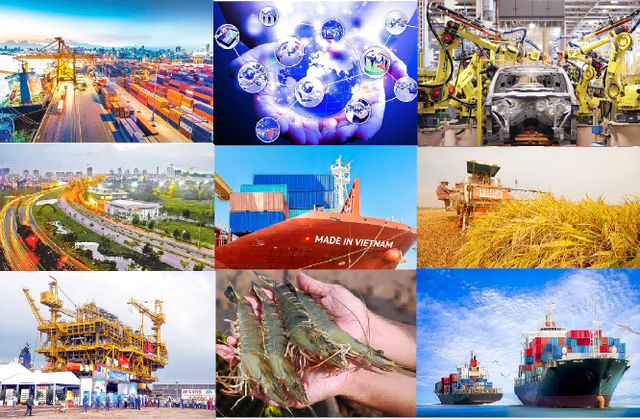Viet Nam’s economy is on recovery path: IMF
VGP - The International Monetary Fund (IMF) is seeing some gradual green shoots in exports recovering, including electronics and Viet Nam’s economy is on a recovery path.

Thomas Helbling, Deputy Director of the Asia and Pacific Department, under the International Monetary Fund (IMF), made that above statement at a press briefing on Regional Economic Outlook for Asia and Pacific that took place in Singapore on October 18.
The IMF maintains its growth forecast for Viet Nam's economy in 2023 at 4.7 percent. The organization predicted Viet Nam's GDP growth would hit 5.8 percent in 2024, he added.
Viet Nam's GDP growth accelerated to 5.33 percent in July-September period compared to 3.28 percent and 4.05 percent respectively in the first and second quarter. It is quite a stronger pickup, he noted.
"We are seeing a gradual recovery in the real estate and corporate bond market easing. The view is that with the reforms being undertaken, some of those short-term headwinds will be overcome," shared the economist.
And in the medium term, Viet Nam has strong kind of trajectory based on integration of value chains, foreign direct investment (FDI) as those fundamentals remain fairly strong, he underscored.
If Viet Nam overcomes some of these macro imbalances right now, the nation would go back very close to the pre-pandemic trajectory, he added.
Despite a challenging global environment, the Asia and Pacific region remains a relative bright spot. It is expected to grow by 4.6 percent in 2023 and by 4.2 percent in 2024, which puts it on track to contribute about two thirds of global growth this year.
The economies in ASEAN are expected to see growth of 4.2 percent in 2023 and 4.6 percent in 2024, a downward revision of 0.4 percentage points in 2023 and 0.3 percentage points in 2024.
The IMF suggested the Asia Pacific region maintain sufficiently restrictive monetary policy stances until inflation is firmly back on target, continue with fiscal consolidation, use macro potential policies to tackle vulnerabilities in the financial sector and address rising inequality and facilitate the green transition./.

